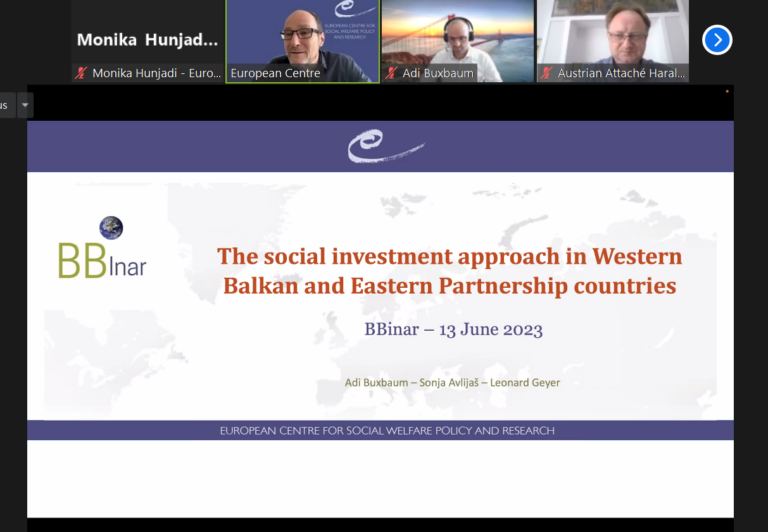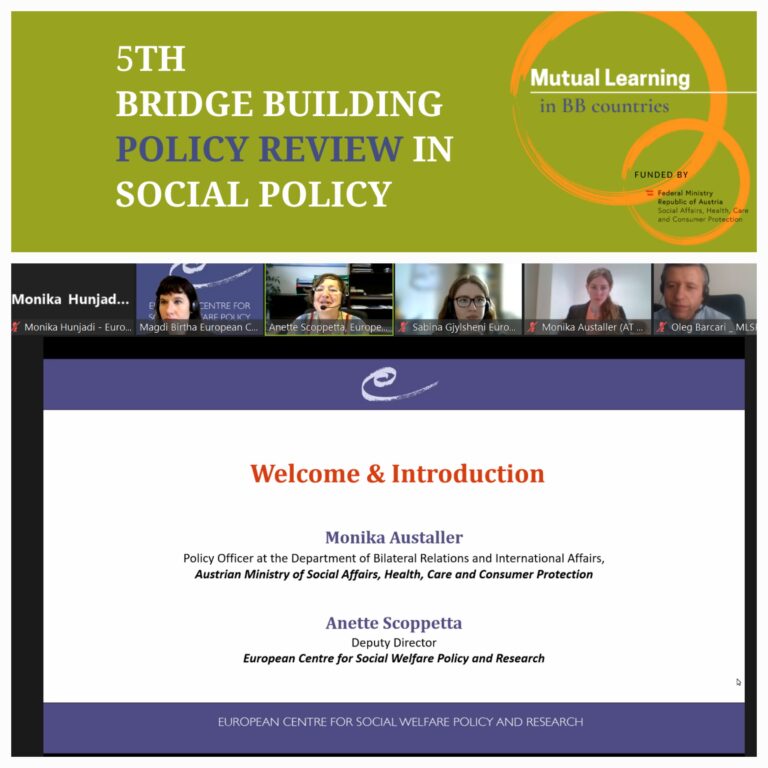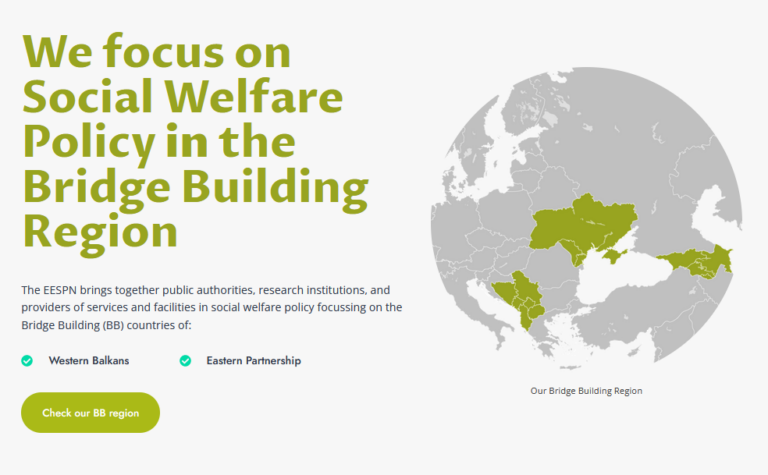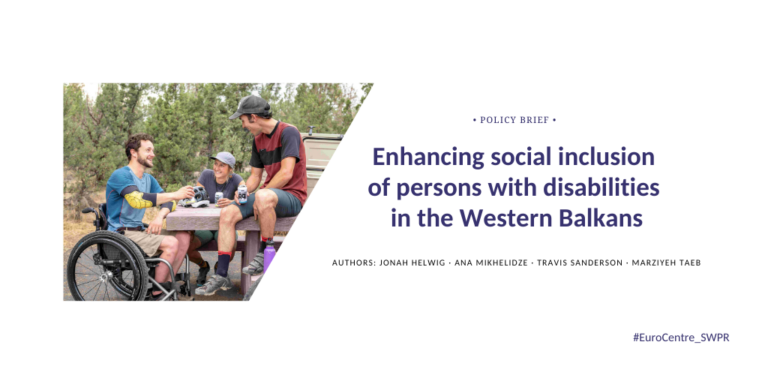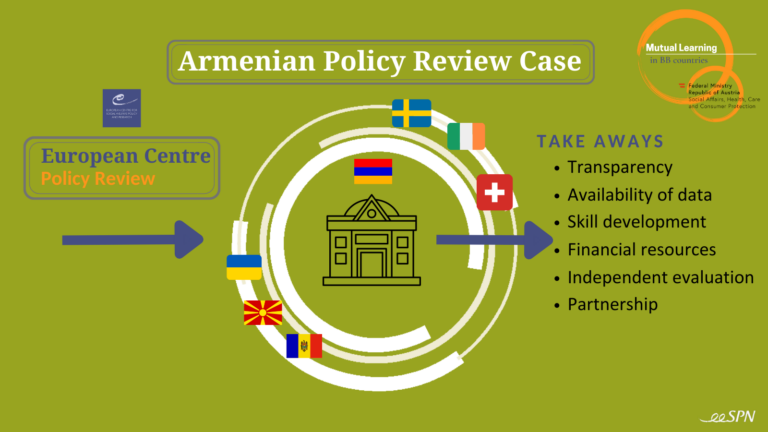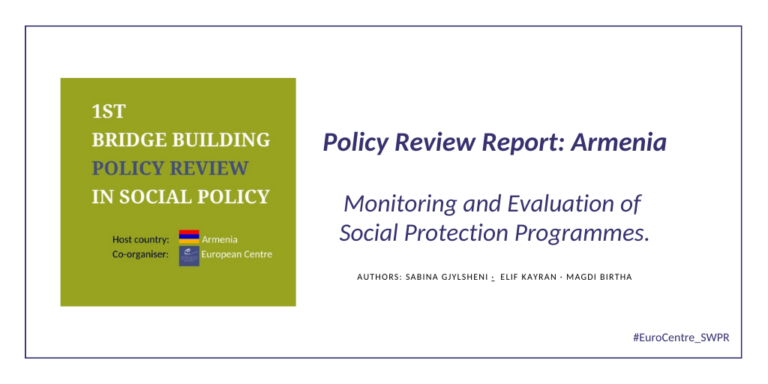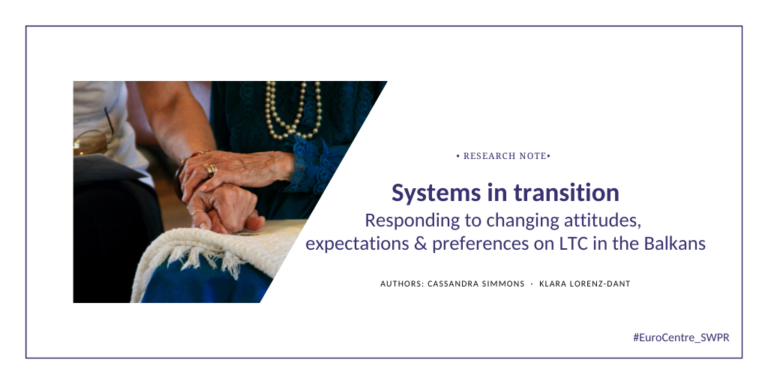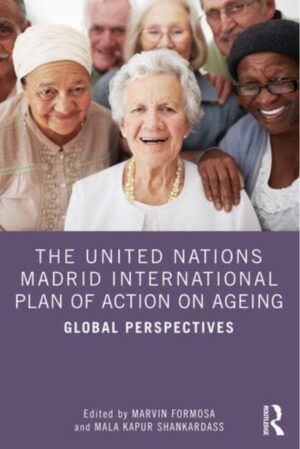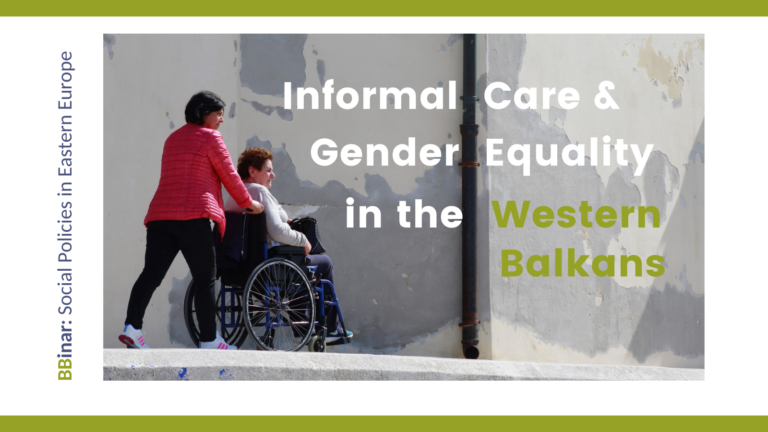The social investment approach in Western Balkan & Eastern Partnership countries
At the 5th BBinar on 13 June 2023 about 40 stakeholders came together to discuss what role the social investment approach to social welfare policies can and should play in supporting sustainable development in the Western Balkan and the Eastern Partnership countries.

